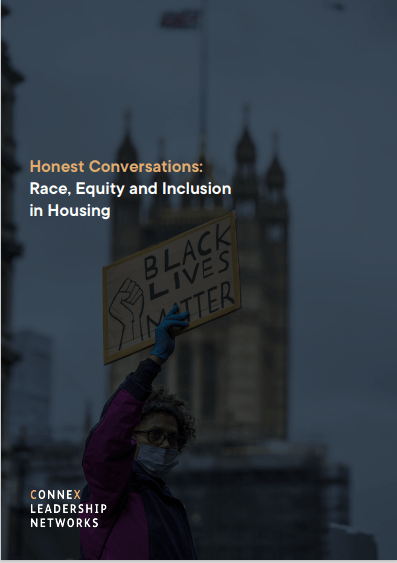“I wouldn’t be where I am now if I’d had children.”
These were the words recently shared with me by a female executive leader in the sector. This sentence, said so matter-of-factly, struck a nerve. It stuck with me since and made me think about all of the other female leaders who have said similar things.
With all the progression that women’s movements have made over the decades and in recent times, this is still a controversial, almost taboo topic which doesn’t get shared. It doesn’t matter which industry you work, women in leadership positions do not talk about this openly for fear of not being taken seriously. But it remains pertinent to explore the long-standing question: can women really have it all?
In light of Serena Williams’ recent announcement that she is transitioning away from tennis to focus on other pursuits, including growing her family, this question is more relevant than ever.
Serena Williams is one of the most successful athletes in history. She has won 23 grand slam titles and is widely considered to be one of the greatest tennis players of all time.
So, when she announced, via a Vanity Fair article, that she would be retiring, it sent shockwaves around the world. In an Instagram post, Williams wrote: “the countdown has begun. I have to focus on being a mom, my spiritual goals and finally discovering a different, but just exciting Serena.”
Williams’ decision highlights an important truth: even women who have achieved extraordinary success in their careers can still struggle to balance work and life. This is something that many women can relate to, regardless of their occupation. And it’s a topic that is not talked about nearly enough.
In her first-person article published in Vanity Fair, Serena Williams stated that she and her husband, Alexis Ohanian, wanted to have more children but said it was difficult to decide between having more kids or continuing her tennis career. She went on to say that she sometimes envies how some male athletes, like N.F.L quarterback Tom Brady who is 45 years old, can still compete at a high level as their wives bear the children.
Although she won her last Grand Slam tournament title in 2017, while pregnant, she said: “I definitely don’t want to be pregnant again as an athlete… I need to be two feet into tennis or two feet out.”
Here is a woman who seemingly has it all; a successful career, wealth, a loving family, and the freedom to choose her own path in life. And yet, she is still faced with the difficult decision of whether to pursue her career or start a family. Despite having “made it,” even women struggle with work-life balance.
How does this relate to female professionals in affordable housing?
While Serena Williams is one of the most successful athletes in the world, her situation is not unique. In fact, it is quite common for women in leadership positions to face similar dilemmas. Women in housing are no exception. My short anecdote at the beginning of this blog post demonstrates that women have felt the need to choose between having a family or furthering their careers in order to be taken seriously. Conversely, as Serena Williams noted, many men do not feel as much pressure to make this choice.
And what does this mean for the women who chose to have children while still attempting to pursue their careers? Inside Housing reports that it is “not uncommon for women in the sector to be under-represented across senior management.” The latest Housing Diversity Survey from Inside Housing shows that women make up around 41 – 42 per cent of boards and executive roles in the sector.
Whilst this could be for a myriad of reasons, it is plausible that the choice to have a family has played some role in this under-representation. It is difficult to commit to long hours and travel for work when you also have young children at home. This often leaves women with two choices: sacrifice time with their family or scale back their career ambitions.
So what can be done to address this issue?
This is not an easy question to answer. It requires a rethinking of our societal norms and expectations, both in and out of housing. We need to break down the barriers that prevent women from achieving their full potential, both professionally and personally. And we need to start having more honest conversations about the challenges faced by working mothers. We may also need to reconsider what it truly means to “have it all.”
One thing is for sure: the conversation needs to continue. Women in housing should feel empowered to speak up about their experiences and challenge the status quo. It is important to remember that this is not just a women’s issue; it’s a family issue, a workplace issue, and a societal issue. We will continue to ask these difficult conversations in the sector and beyond, until we drive real and lasting change





